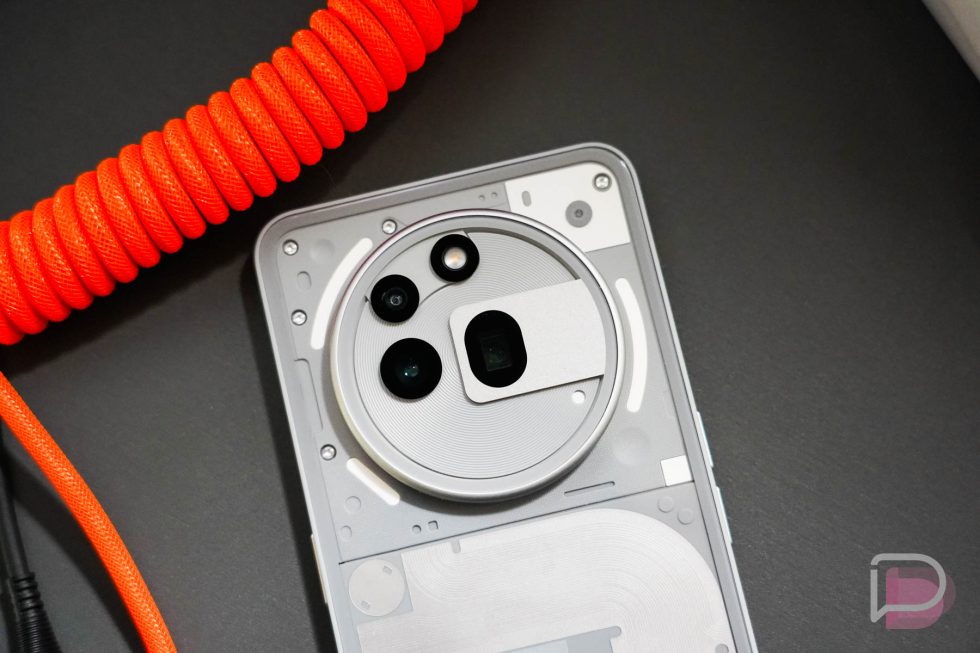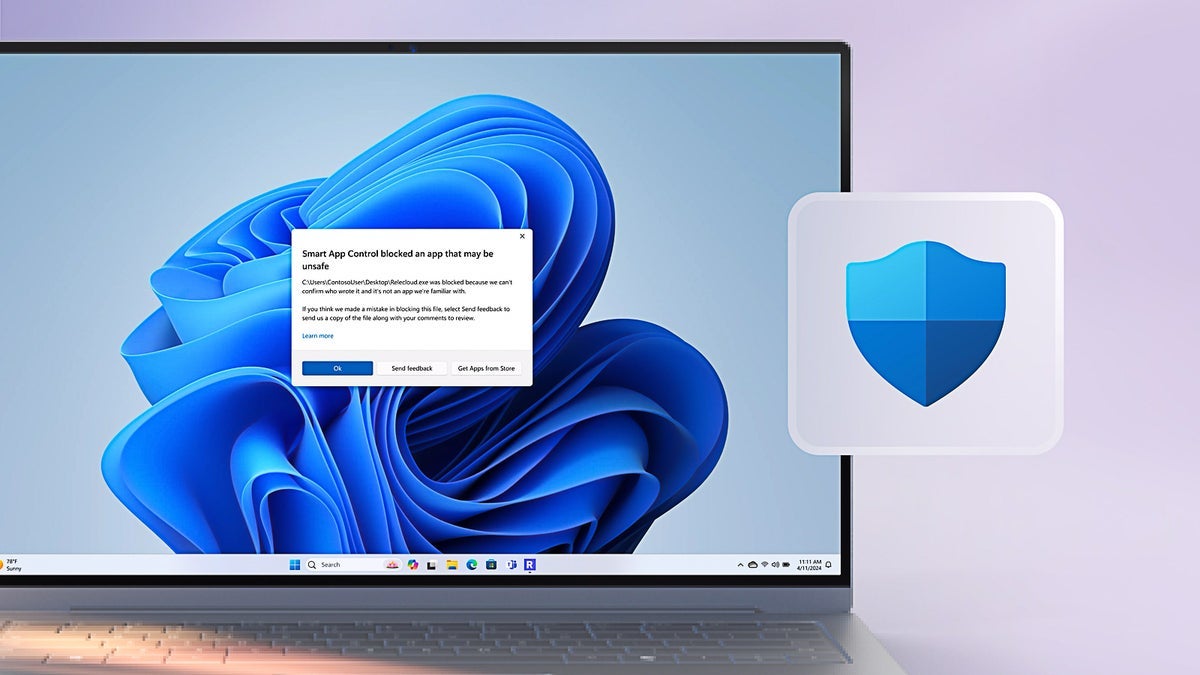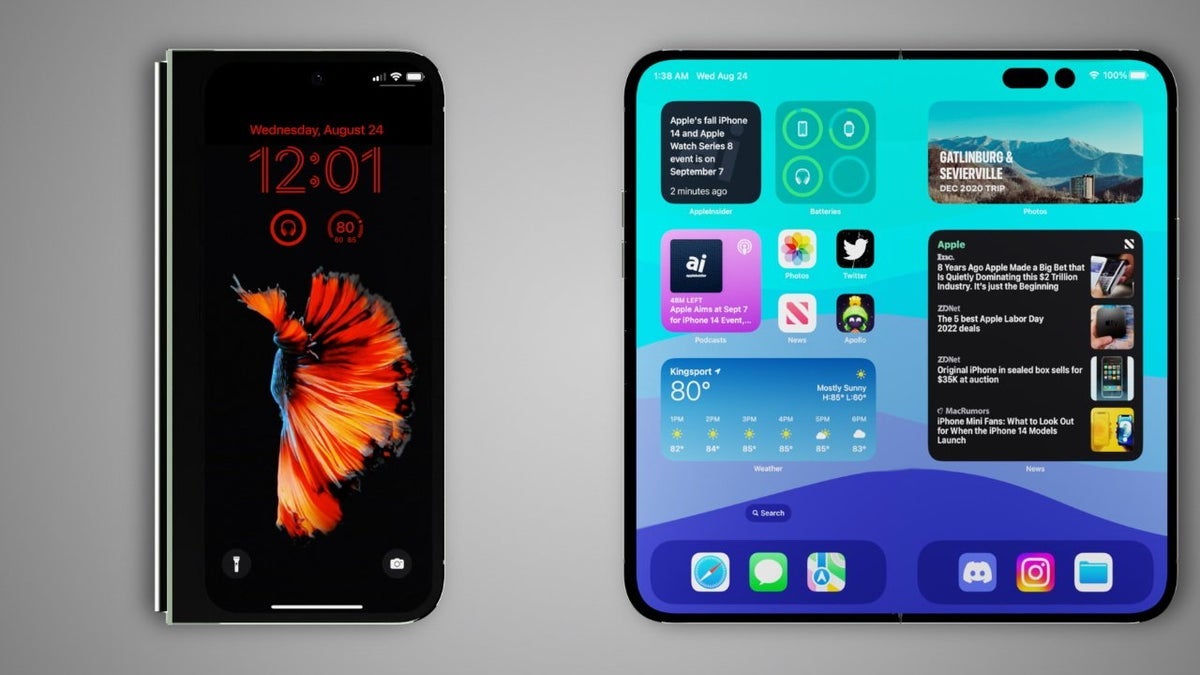Why the Do Not Call Registry doesn’t work
The Do Not Call Registry hardly works. The reason why is simple and frustrating—it was never meant to stop all unwanted calls.

The “Do Not Call Registry” receives a lot of hate online for failing to do its job: Stop calls.
“What’s the point of being on the Do Not Call list?” wrote one user on Reddit who shared a screenshot of ten declined phone calls received across one week. Though already registered with the Do Not Call list, one user on Quora asked why they are “still getting calls from telemarketers?” And several years ago, when the US Federal Trade Commission—which operates the registry—shared a post on X about the service, one angry commenter replied:
“It’s 2018 and we still get literally billions of spam calls a month. Do your damn jobs for once.”
Unfortunately, the anger is misguided, and that’s because the Do Not Call Registry cannot help with stopping any unwanted call. It can only stop telemarketers who follow the law.
Launched in 2003, the Do Not Call Registry is the US government’s way of complying with an earlier law passed in 1994 called the Telemarketing and Consumer Fraud and Abuse Prevention Act. That law tasked the US Federal Trade Commission (FTC) with creating a set of rules restricting the reach of telemarketers. One year later, the FTC unveiled those rules, limiting how telemarketers spoke to Americans (no “threats, intimidation, or the use of profane or obscene language”), the hours telemarketers reached Americans (no calls to “a person’s residence at any time other than between 8:00 am and 9:00 pm local time at the called person’s location”) and the offers telemarketers made (no deception or misrepresentation of prices, goods, or services).
Nearly two decades later, the FTC updated its rules with the Do Not Call Registry, giving Americans an opportunity to opt out of telemarketer phone calls by simply signing up their phone number with the service.
But, importantly, the Do Not Call Registry does nothing against a wide variety of other types of unwanted, unsolicited calls. According to the FTC, the Do Not Call Registry does not prevent:
- Political calls
- Charitable calls
- Debt collection calls
- Purely informational calls
- Survey calls
That means that individuals who sign up to the Do Not Call Registry still get a lot of what they don’t want, which is calls, period.
Compounding the frustration is the fact that the Do Not Call Registry means nothing to phone scammers who will flout any law to steal money from unsuspecting victims. Virtual kidnapping schemes, tech support scams, bogus charity drives, and more, are the work of criminals, and criminals, by definition, do not follow the law.
What’s a person supposed to do, then, when receiving calls like these? There are, thankfully, some forms of recourse:
- Do not answer calls from unknown numbers. Legitimate callers will leave a voicemail if they are trying to reach you.
- Block phone numbers if you encounter a scam. If you do pick up a call from an unknown phone number and believe a scammer is on the other end, you can block that number from your phone.
- Report unwanted sales calls to the FTC. If a telemarketer, specifically, has reached out to you after you’ve signed up for the Do Not Call list, you can report those calls to the FTC at www.donotcall.gov.
- Check the phone number with Malwarebytes Scam Guard. Scam Guard is your AI-powered, all-day companion that analyzes phone numbers, texts, emails, and online messages for scams, cybercrime, and fraud.













































































































































































![[The AI Show Episode 156]: AI Answers - Data Privacy, AI Roadmaps, Regulated Industries, Selling AI to the C-Suite & Change Management](https://www.marketingaiinstitute.com/hubfs/ep%20156%20cover.png)
![[The AI Show Episode 155]: The New Jobs AI Will Create, Amazon CEO: AI Will Cut Jobs, Your Brain on ChatGPT, Possible OpenAI-Microsoft Breakup & Veo 3 IP Issues](https://www.marketingaiinstitute.com/hubfs/ep%20155%20cover.png)

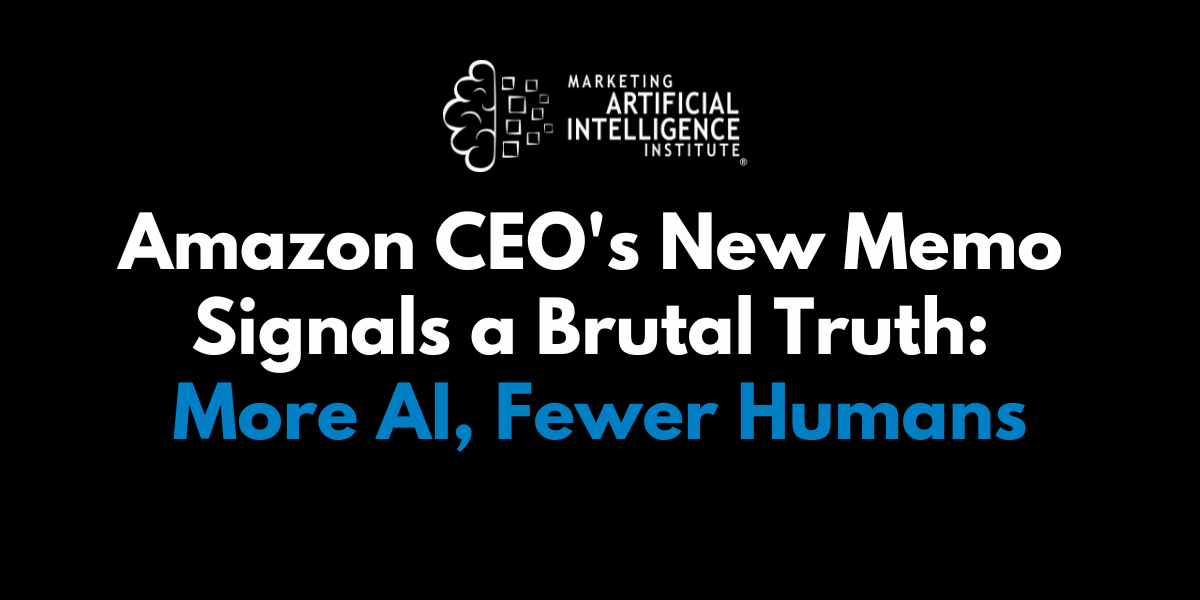

















































































































![[DEALS] 1min.AI: Lifetime Subscription (82% off) & Other Deals Up To 98% Off – Offers End Soon!](https://www.javacodegeeks.com/wp-content/uploads/2012/12/jcg-logo.jpg)










































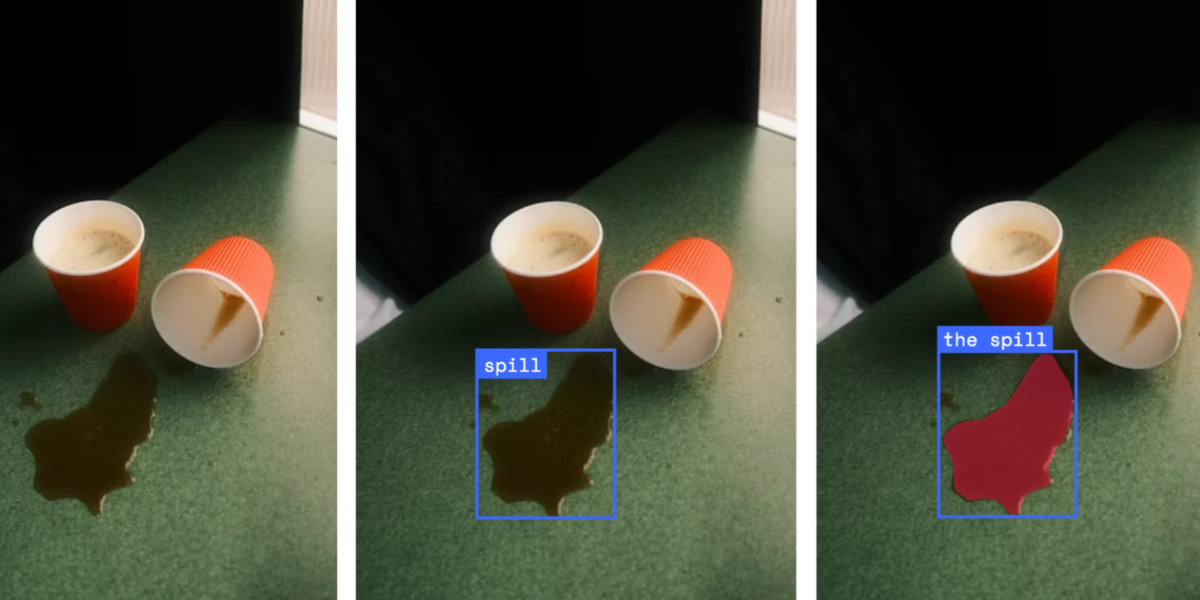



































































































_incamerastock_Alamy.jpg?width=1280&auto=webp&quality=80&disable=upscale#)
_Brain_light_Alamy.jpg?width=1280&auto=webp&quality=80&disable=upscale#)










































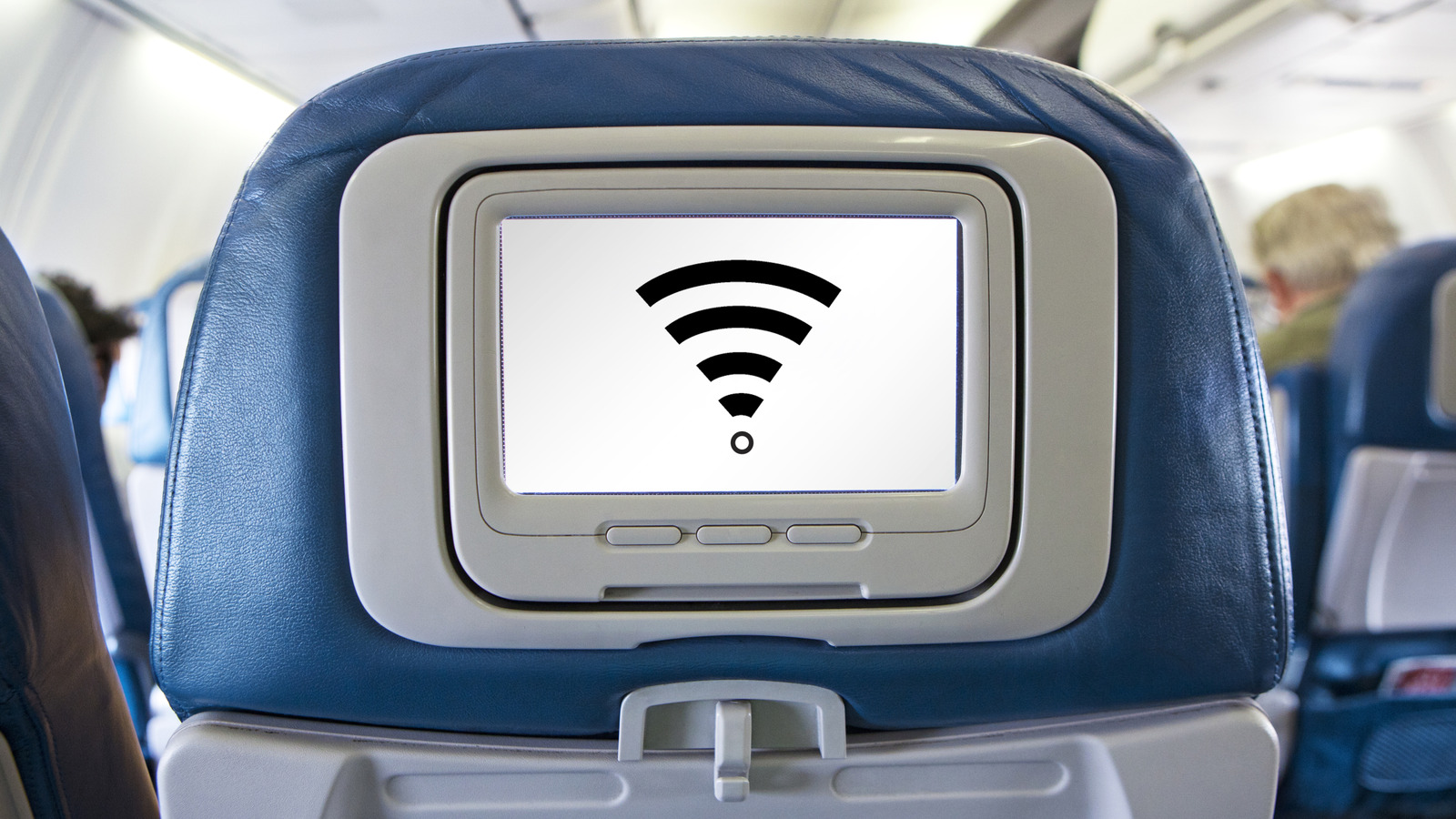

































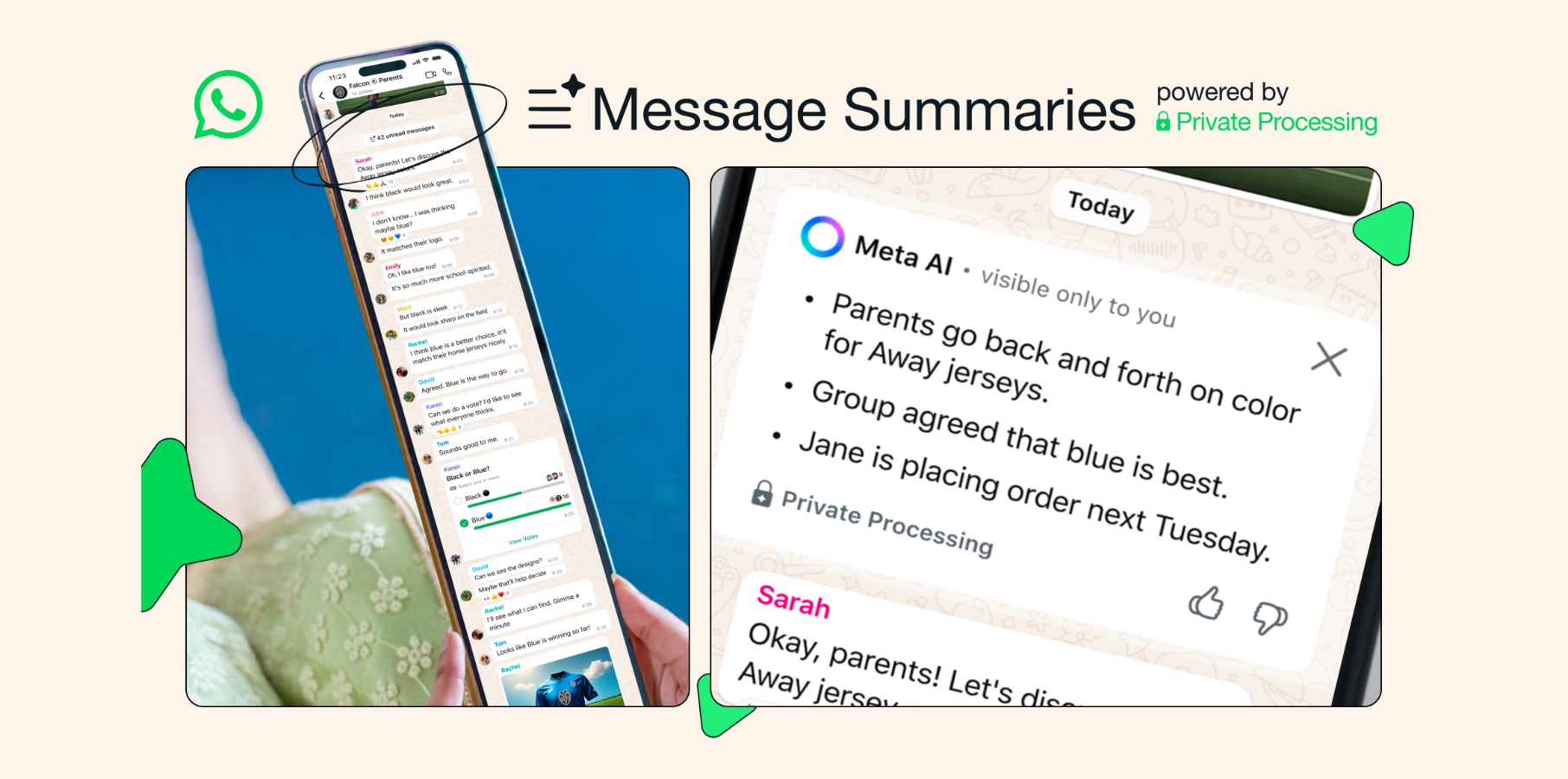






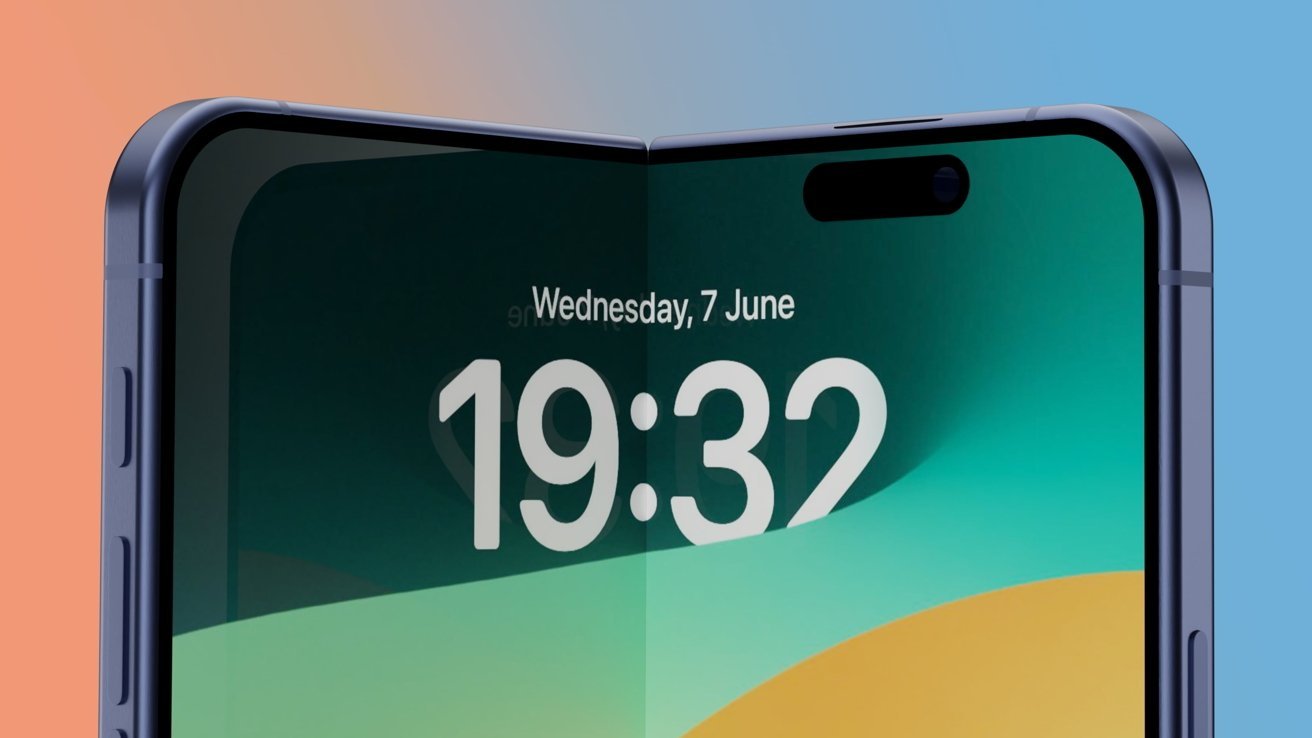
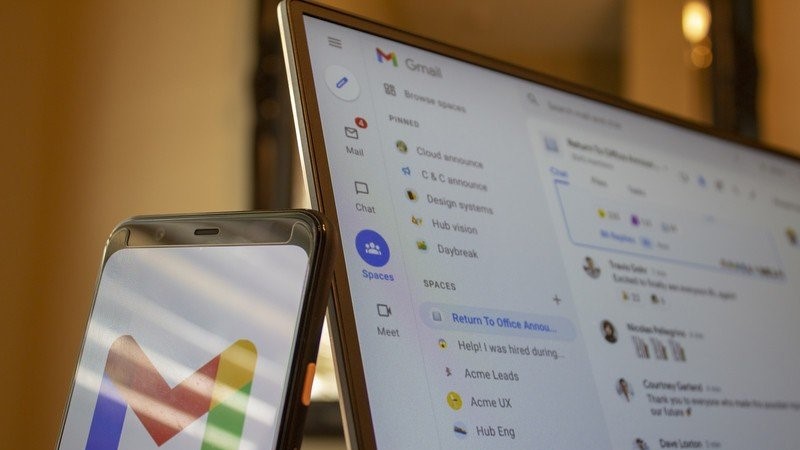

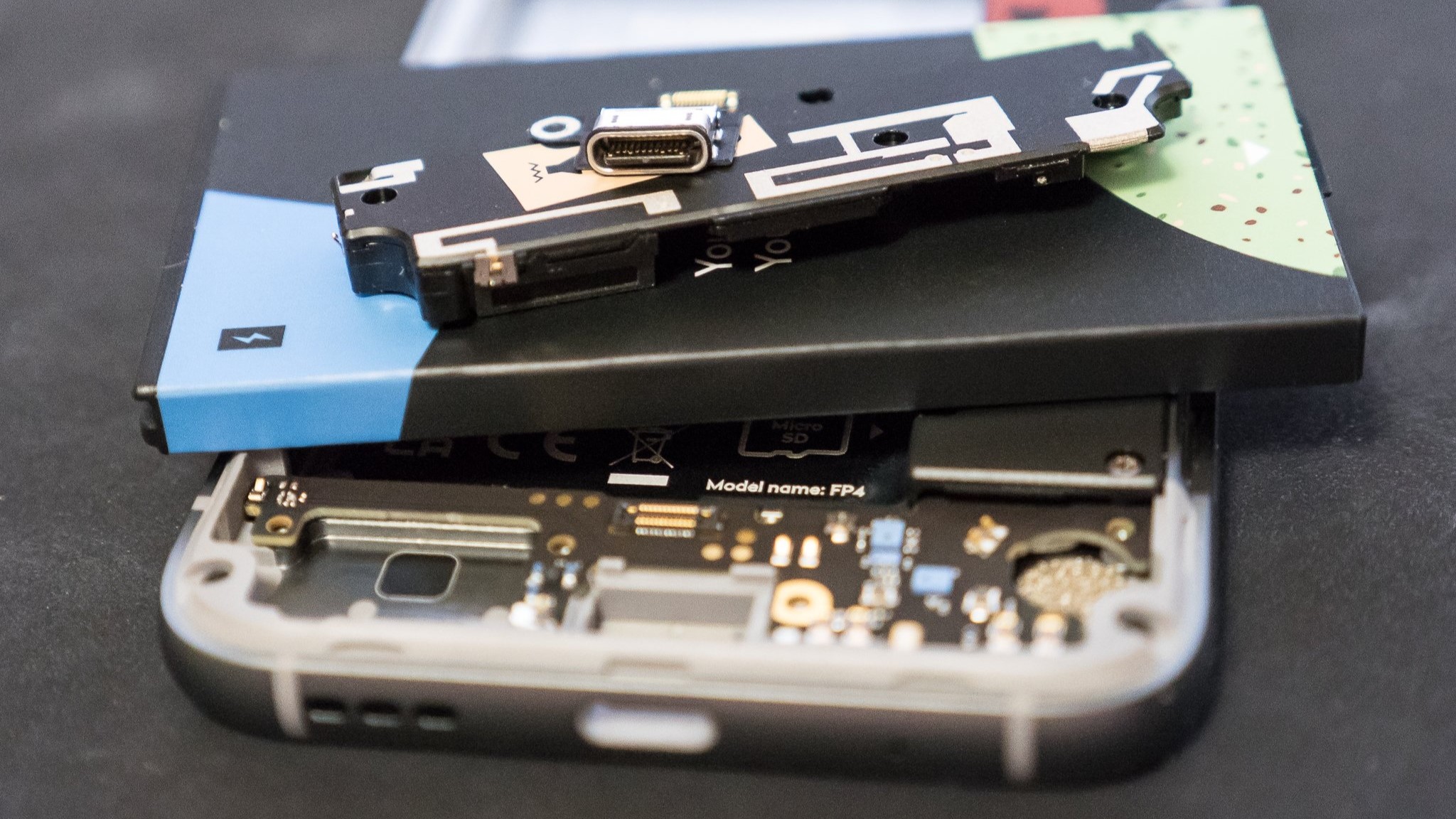

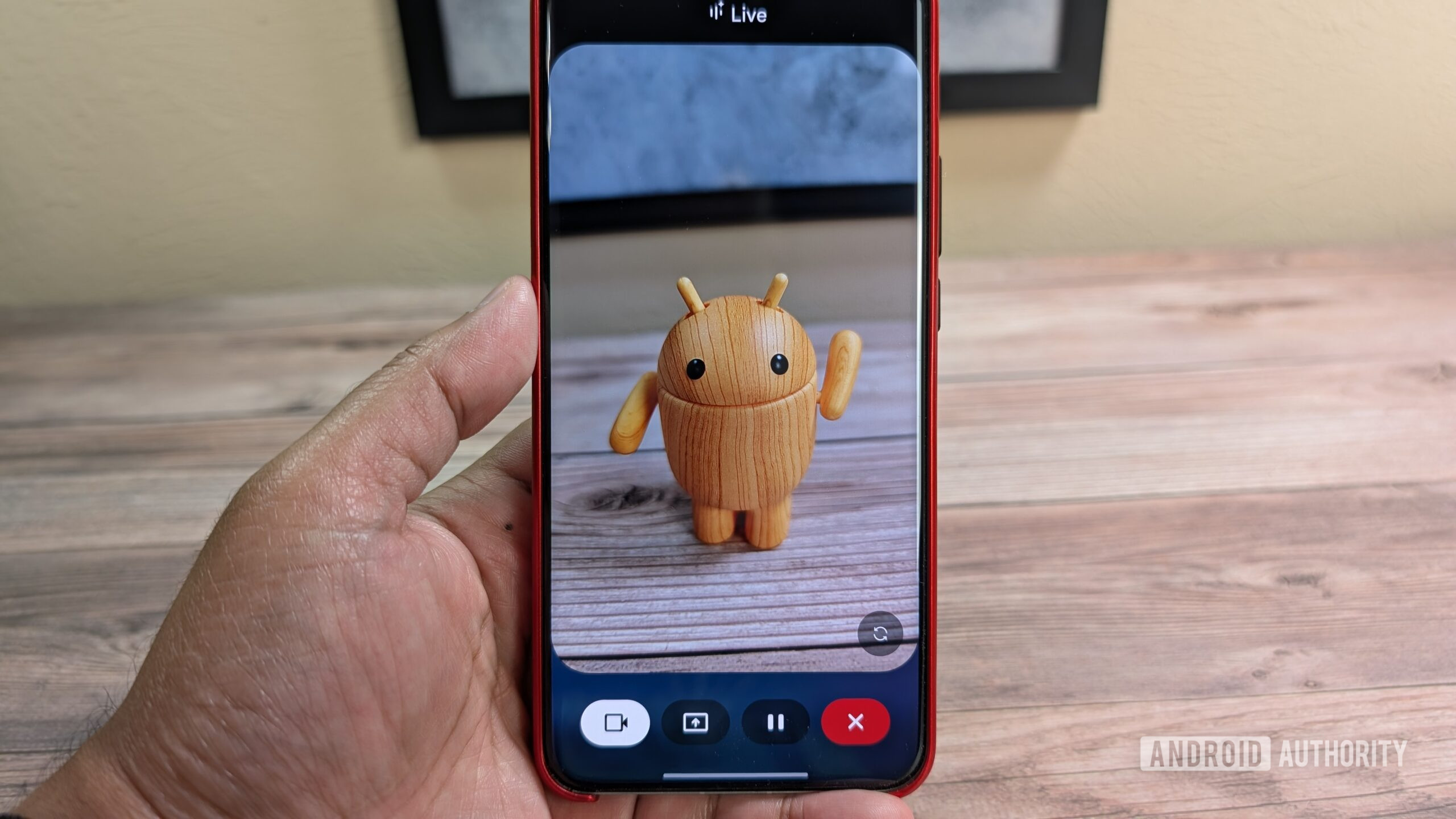





![Nothing Phone (3) has a 50MP ‘periscope’ telephoto lens – here are the first samples [Gallery]](https://i0.wp.com/9to5google.com/wp-content/uploads/sites/4/2025/06/nothing-phone-3-telephoto.jpg?resize=1200%2C628&quality=82&strip=all&ssl=1)











































